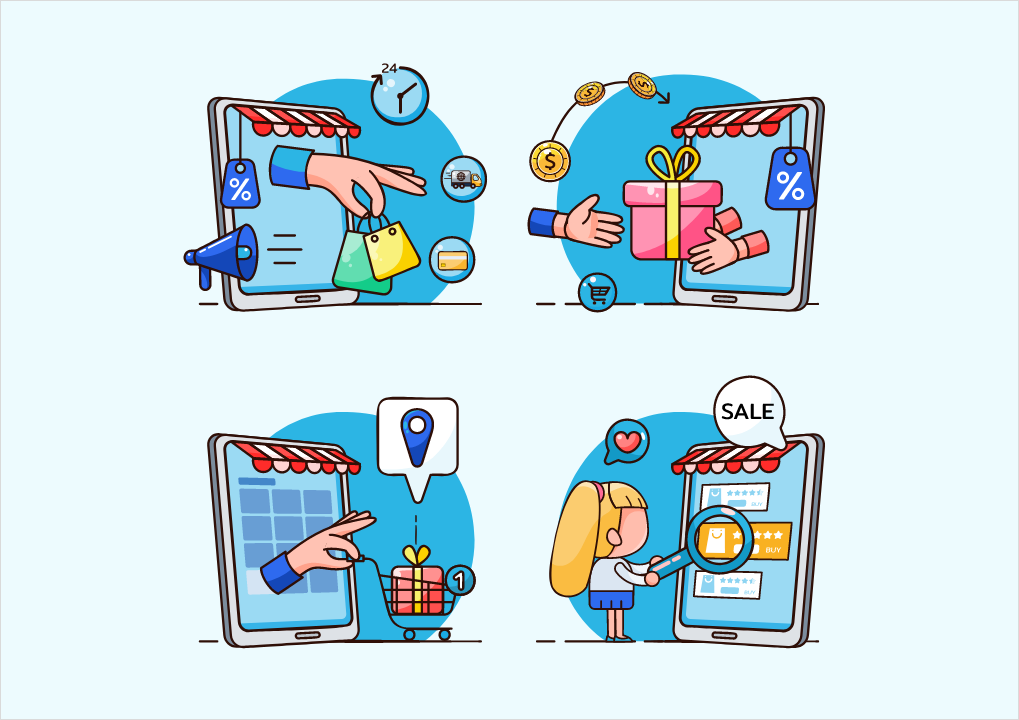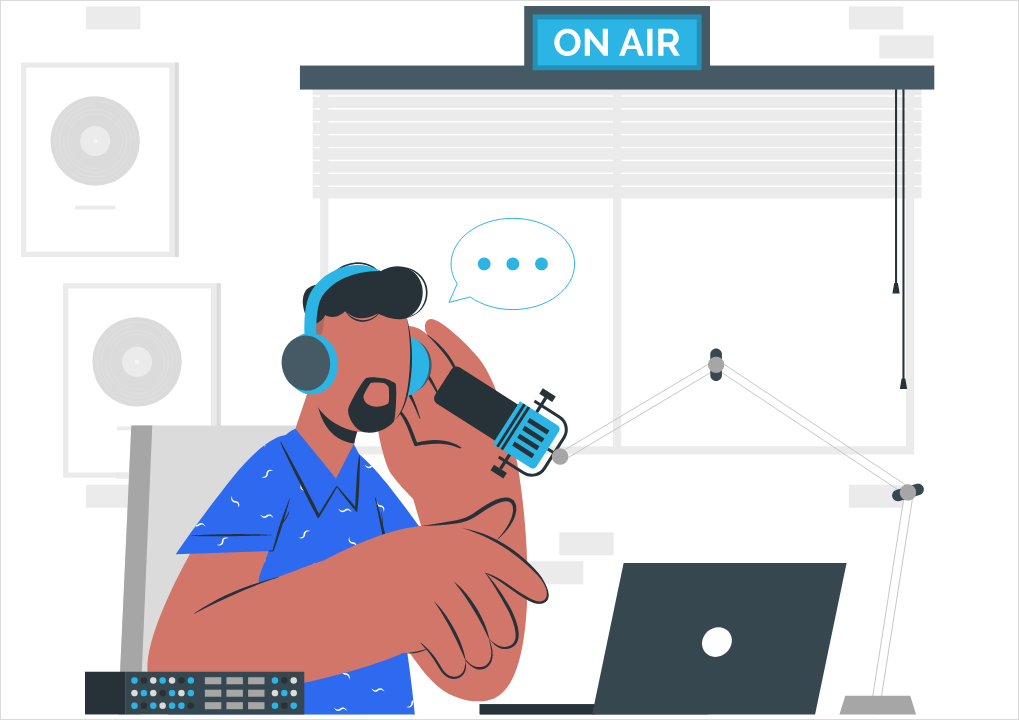When it comes to the future of the digital world, the word “Cookieless” always pops up in every conversation. However, what do we exactly mean when we say “Cookieless”? The literal meaning of cookieless is the absence of cookies, but it lacks the clarity that leads to complexity. It has now even become a misnomer.
What Does Cookieless Mean?
The term “Cookieless” is a simple yet inaccurate way of saying “signal loss.” It specifically means the end of third-party cookies in the digital world. While the term is not just incorrect, it also tends to leave users bewildered. The absence of cookies is going many things. This includes the following:
- Browsers
- Phones
- Desktops
- Tablets
An important thing to note is that the term “Cookieless” is often used to refer to mobile apps and connected TV which don’t even have the third-party cookies in the first place.
What Are Cookieless Solutions?
The marketing term “This Solution Is Cookieless” leads to a lot of follow-up questions that must be addressed to establish a proper definition of the term. One way to describe cookieless is “Any solution that makes advertisers and marketers less dependent on third-party cookies.” The very same description is often dropped by multiple sites on their landing pages. It usually has a different domain than the site being visited.
At the same time, the term “Cookieless” is problematic because it redirects the focus on Google’s plan of phasing out third-party cookies in Chrome. This comes with ignoring the fact that the loss of signal has been occurring across multiple channels for years. According to Mathieu Roche, cofounder and CEO of the identity company ID5, the term “ID-less” is better than cookieless. He added that it is a global phenomenon that is connected to cross-site tracking. It includes Mobile Ad IDs as well, not just cookies.
A huge crowd of vendors is throwing the so-called cookieless solutions in the market, claiming that no one will have to rely on cookies now. They are also responsible for making the situation even worse. They claim the technology they are offering is “Cookieless,” but they don’t offer any solution to signal loss issues. Now, people have also started getting annoyed by the excessively casual language and behavior of vendors.
The Absurdity of Cookieless Claims
According to Liane Nadeau, who is SVP and head of media investments at Digital North America, there is a lot of nonsense talk or false claims going on like “We will get you covered,” “We are cookieless and use first-party data only,” and so much more that is totally absurd and hard to believe.
However, there’s no denying that the term Cookieless has now become part of the ad tech glossary. So, it is high time to focus on defining this term properly. Nadeau further added that it is a complicated marketplace and topic, so getting the right definition of the term is also part of the solution to the existing problem.
Another thing we can do to get rid of the confusion regarding this term is by not referring to it as the “Cookieless Future.” A lot of websites have already become cookieless today. For instance, Safari and Firefox have blocked third-party cookies by default. According to Chip Malt, cofounder and CEO of Made In (e-commerce-based DTC cookware manufacturer), people are already living in a cookieless present. However, it depends upon the browser they use.
Current Marketing Solutions for Cookieless Areas
StatCounter recently showed that Safari and Firefox have almost 20% of the market share together, which is too less compared to Chrome’s 60% share in the market globally. The chunk of traffic it derives is something to consider but cannot be addressed right now. Regardless of what Chrome is presently doing, marketers, publishers, and tech platforms should experience running ads in the existing cookie-free areas. It will help them prepare for the end of third-party cookies which Chrome is going to implement soon.
Nadeau said that it’s not about getting a first-mover advantage anymore because brands that are not testing or experiencing different solutions are going to lag behind. They won’t be getting any advantage from such a large audience.
A lot of publishers are holding back because they are following Google’s deadline extension. They have this misconception that they have more time than they actually have to survive in the cookie-free hereafter world. It’s also possible that the interpretation of the loss of signals which seem favorable to them may encourage marketers to take the action.
Nadeau further added that we need to get rid of this idea of a “Cookieless future or world.” If we stop thinking about what are we losing and start focusing on what are we building, that is, the future of advertising and identity that fulfills the standards of privacy, the situation will look a lot better.
The Bottom Line
For years, the term “Cookieless” has only scared away publishers and marketers. So, it is high time that we start redefining the term and focus on its positive side to make the most of it.






